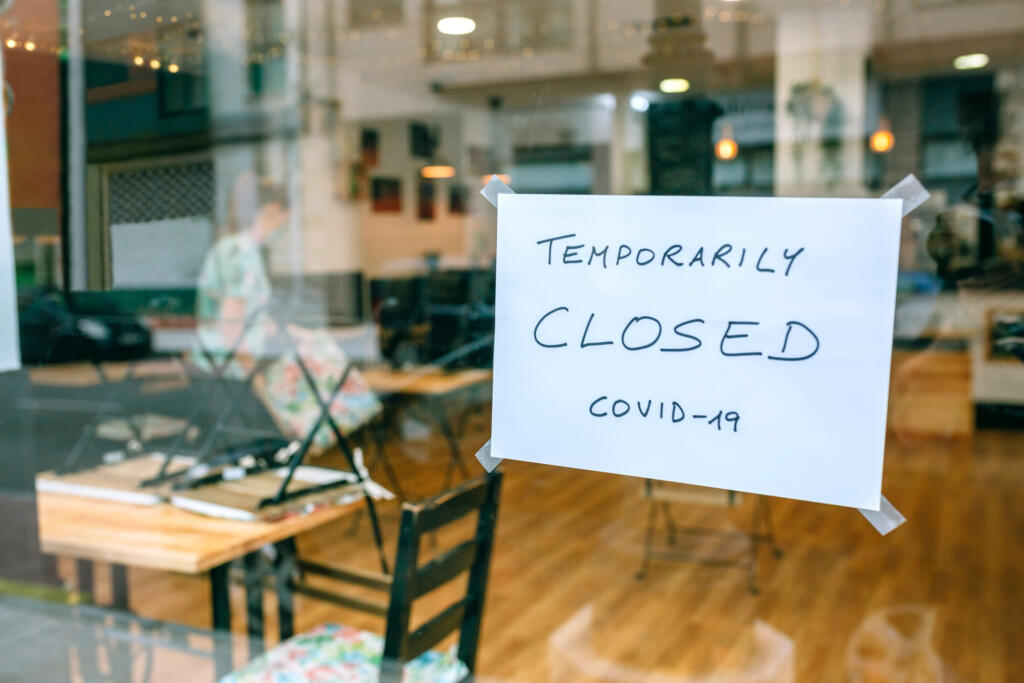
Following the High Court’s test case for business interruption insurance claims (in light of the Covid-19 pandemic), this article covers what compensation a business may be eligible for if an insurance company is late on payment.
As covered by my colleague Richard Slater in this article, the level of uncertainty regarding claims by businesses under their business interruption insurance policies for Covid-19 reasons has prompted a landmark test case brought by the Financial Conduct Authority.
In that case the High Court decided that cover was available under the majority of the 21 sample business interruption policy wordings it considered. That decision was then appealed to the Supreme Court who concluded hearing the appeal on 19 November. It is unclear whether judgment will be handed down by the Supreme Court before Christmas or not.
Whilst the High Court judgment provides some comfort for businesses seeking to claim under their business interruption insurance, each claim will turn on the specific circumstances and, importantly, the specific wording of the relevant policy. This in turn could lead to substantial delays in claims being processed and compensation being paid out.
In some cases, if alternative funding is not available the delay in receiving compensation could be fatal for some businesses.
Compensation for late payment of business interruption insurance claim
This is where Section 13A of the Insurance Act 2015 (the Act) comes in. Section 13A adds an implied term to all insurance policies entered into after 4 May 2017 that requires insurers to pay out compensation under the policy within a ‘reasonable time’.
What is ‘a reasonable time’?
What is reasonable will depend on the circumstances and a variety of factors.
Insurers are expected to properly investigate claims and Section 13A(2) of the Act expressly affords them a reasonable time to do so. Otherwise, the Act sets out the following that could be relevant when considering whether the payment was made within a reasonable time:
- The nature of the policy;
- The size and complexity of the claim;
- The need to comply with any relevant statutory or regulatory rules; and
- Any factors outside the insurer’s control.
What if my business interruption insurance claim is disputed?
Section 13A does not prevent an insurer from refusing to pay a claim provided it has reasonable grounds doing so. The insurer is required to act reasonably however during the dispute.
What am I entitled to if the insurer breaches Section 13A?
You are entitled to damages representing the loss you have suffered as a result of the late payment. There are some limitations on the types of loss that can be recovered, so it is a good idea to seek legal advice if you think you have a claim under the Act.
In addition to damages, you may also be entitled to interest. Needless to say, in some cases the level of damages and interest could be very significant indeed.
Is there a time limit to bring a claim?
Yes. Any claim for damages resulting from late payment must be brought within one year of the date the payment was received. Failure to bring a claim within that timescale will result in the claim being time barred.
Conclusion
In today’s uncertain world it is quite possible that insurers will continue to dispute and/or delay payment of compensation in relation to Coronavirus claims under business interruption policies. Not only does the Act provide a mechanism for damages and interest for late payment, the threat of such a claim could prove a useful tool in negotiations with your insurer in relation to any disputed claims.
If you think you have a claim based on Section 13A of the Insurance Act 2015 and advice regarding business interruption insurance please get in touch with our team.
